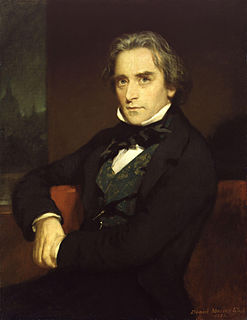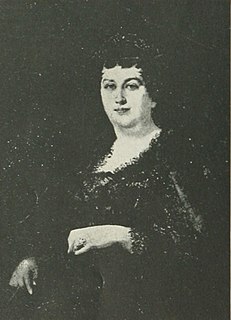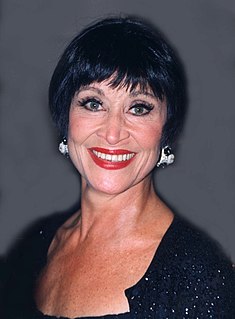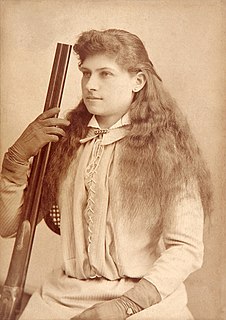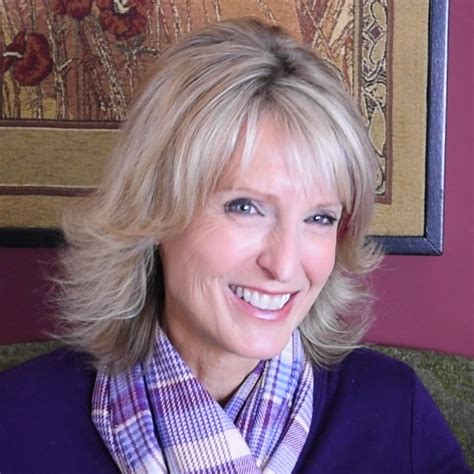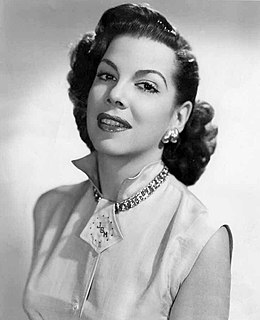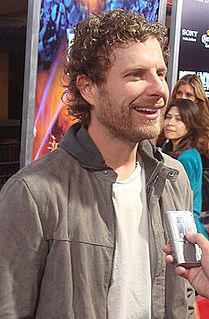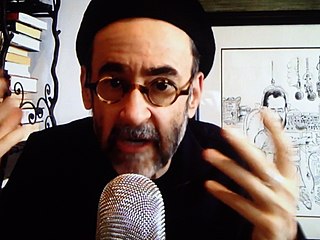A Quote by Douglas William Jerrold
Literature, like a gypsy, to be picturesque, should be a little ragged.
Quote Topics
Related Quotes
'Roseanne' was massive for me. I adored that show. I mean, the show was this couple who weren't cookie-cutter, and they were sexy, and we know that they like to have sex with each other, and they flirted, and then they ragged on their kids, and their kids ragged on them, and it was such a realistic depiction.
It is very important that people understand how important flamenco is to the Gypsy community. There have been some amazing Gypsy artists. It's important that we give visibility to that, but at the same time people have to be fair and recognise that Paco de Lucia was the biggest guitar player in this style of music in the world and he wasn't Gypsy.
I spent three years researching American Rose, research that included connecting with Gypsy's sister, the late actress June Havoc (I was the last person to interview her) and Gypsy's son, and also spending countless hours immersed in Gypsy's expansive archives at the New York Public Library. I became obsessed with figuring out the person behind the persona.
I see no reason in morality, why literature should not have as one of its intentions the arousing of thoughts of lust. It is one of the effects, perhaps one of the functions of literature to arouse desire, and I can discover no grounds for saying that sexual pleasure should not be among the objects of desire which literature presents to us, along with heroism, virtue, peace, death, food, wisdom, God, etc.
